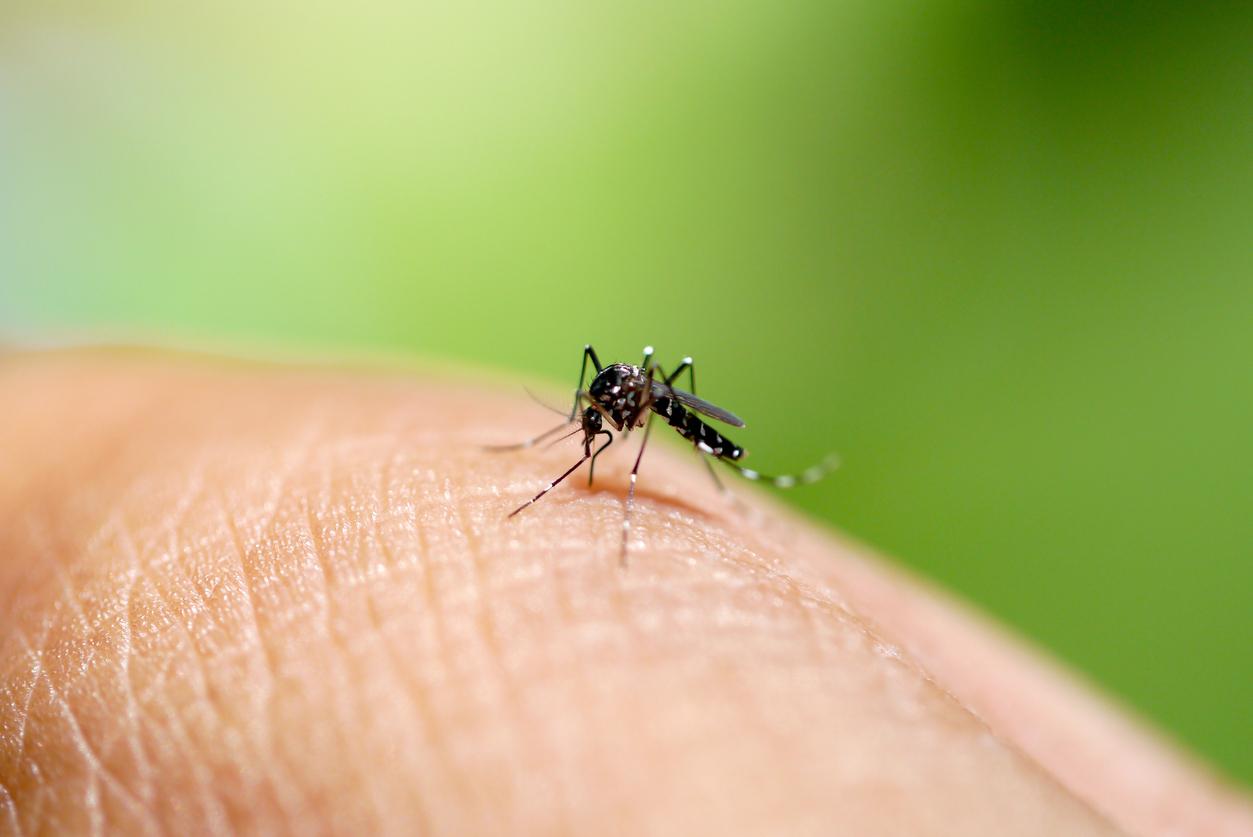For 15 years, the efforts of researchers have made it possible to reduce mortality by 60% due to malaria. But the latest work carried out by the National Institute of Health and Medical Research (Inserm) in collaboration with the Pasteur Institute, does not reassure scientists. Examination of a strain of parasites exposed to artemisinin (the basic compound of the standard treatment against malaria) indeed shows the development of generalized resistance to most antimalarial drugs.
“This new resistance is not detectable by the tests currently used and constitutes an additional threat to antimalarial treatments in the field” emphasizes Françoise Benoit-Vical, Inserm research director at the CNRS Coordination Chemistry Laboratory.
His team of researchers has just shown that parasites which undergo in vitro five years of drug pressure with artemisinin alone, develop generalized resistance to most other antimalarials. derivatives or not of artemisinin, including the partner molecules present in the therapeutic combinations used in endemic areas.
“The parasites do not manufacture resistance genes but they have the ability to “fall asleep” and suspend their development throughout the duration of exposure to antimalarials. And as soon as they are no longer subjected to treatment, they “wake up” and proliferate again.
“It is therefore essential now to research with relevant and appropriate tests whether this phenomenon of multi-resistance that we have identified in vitro is also present in the field in order to be able to design therapeutic policies accordingly” adds Françoise Benoit-Vical.
Malaria is caused by a parasite carried by the bites of infected mosquitoes of the genus Anopheles. This disease occurs mainly in the tropics and is still responsible for more than 600,000 deaths each year.
Read also :
Malaria: the threat of fake drugs
A Chinese plant to beat malaria
















